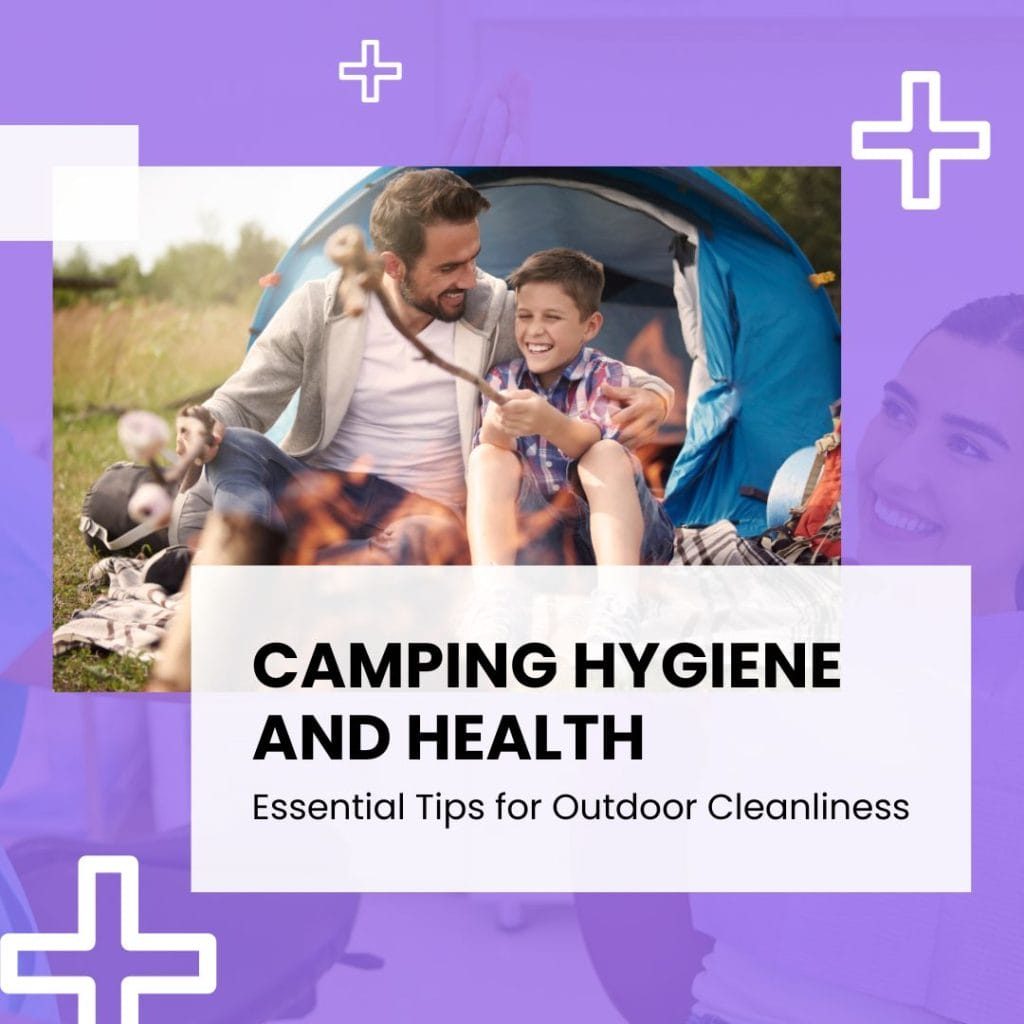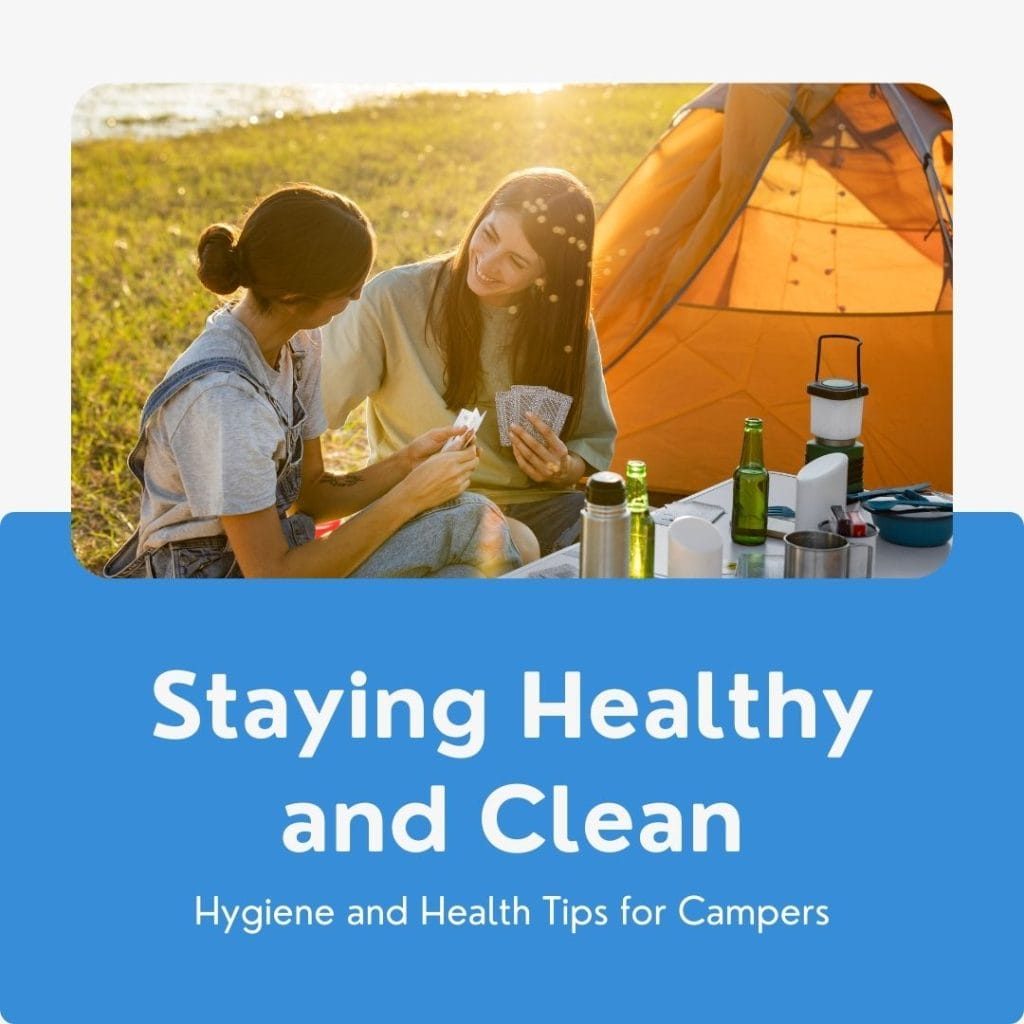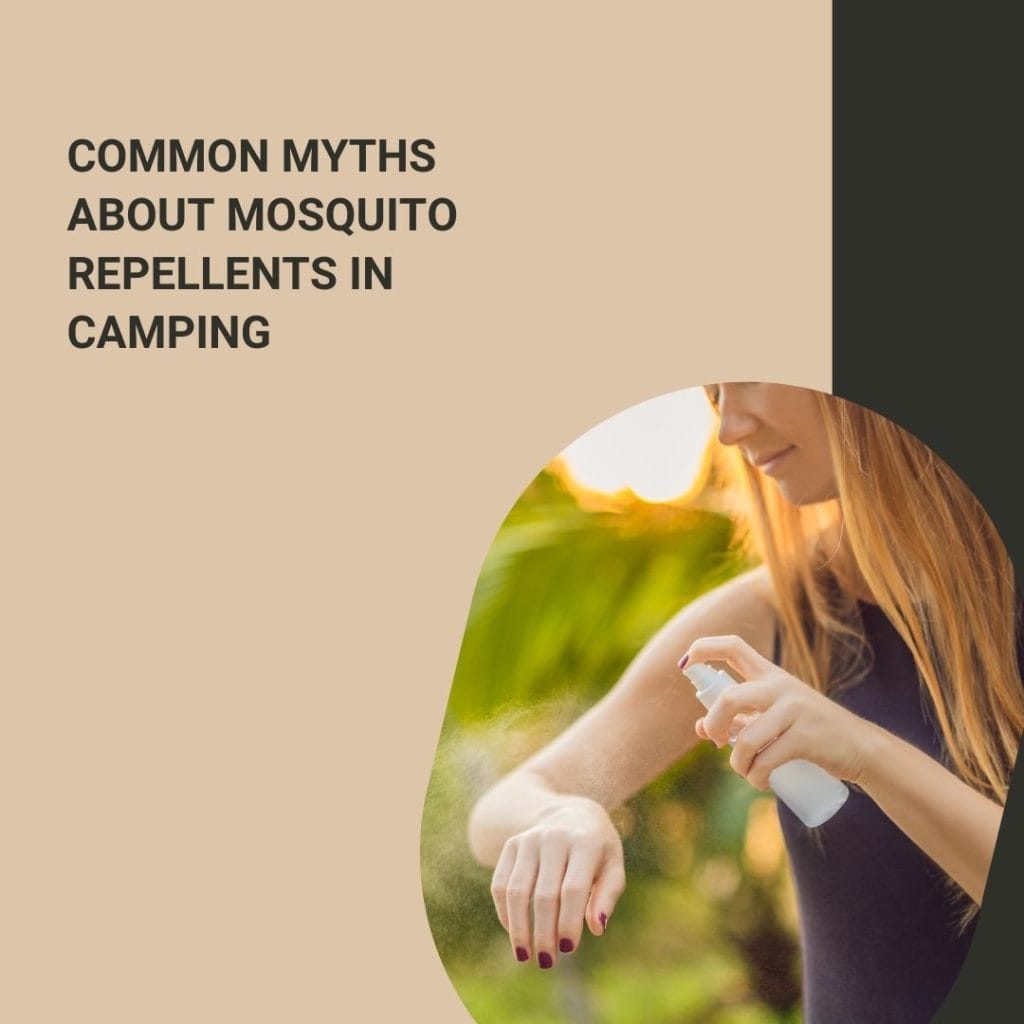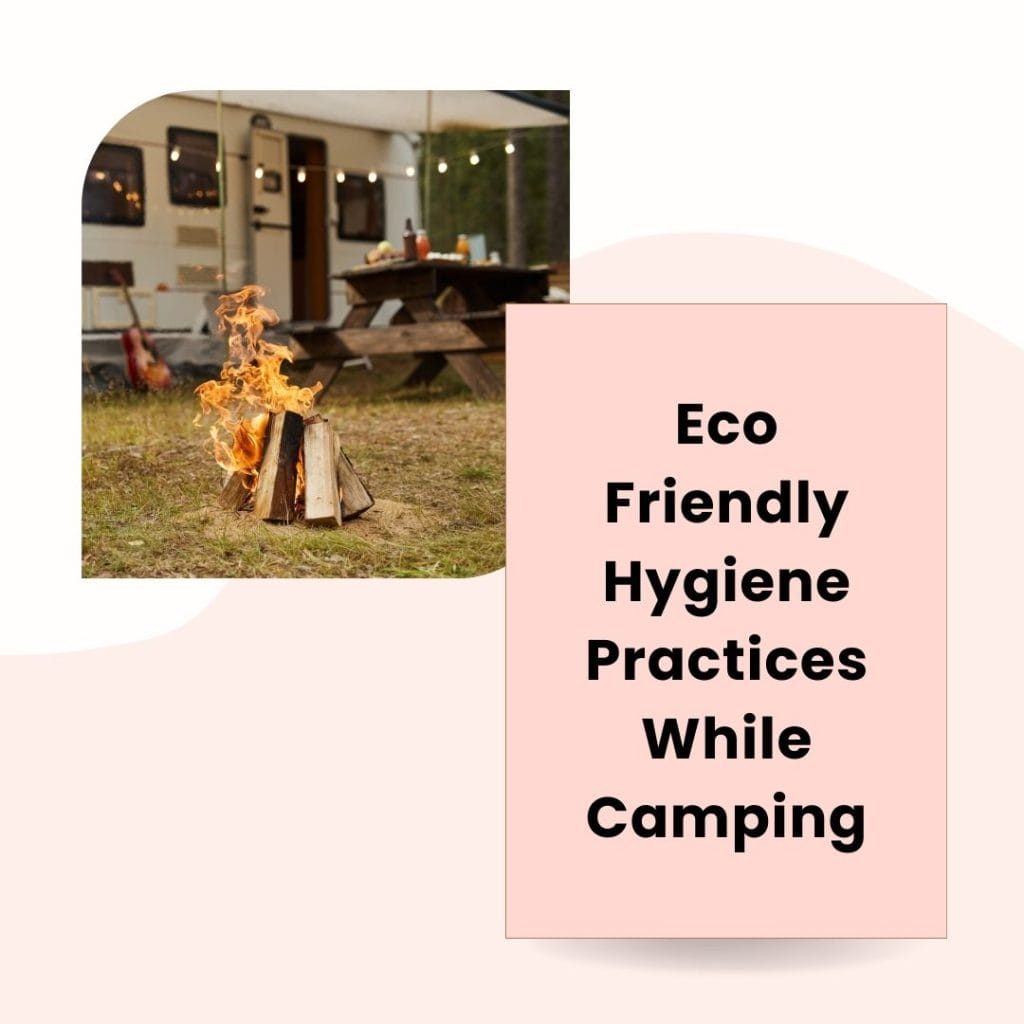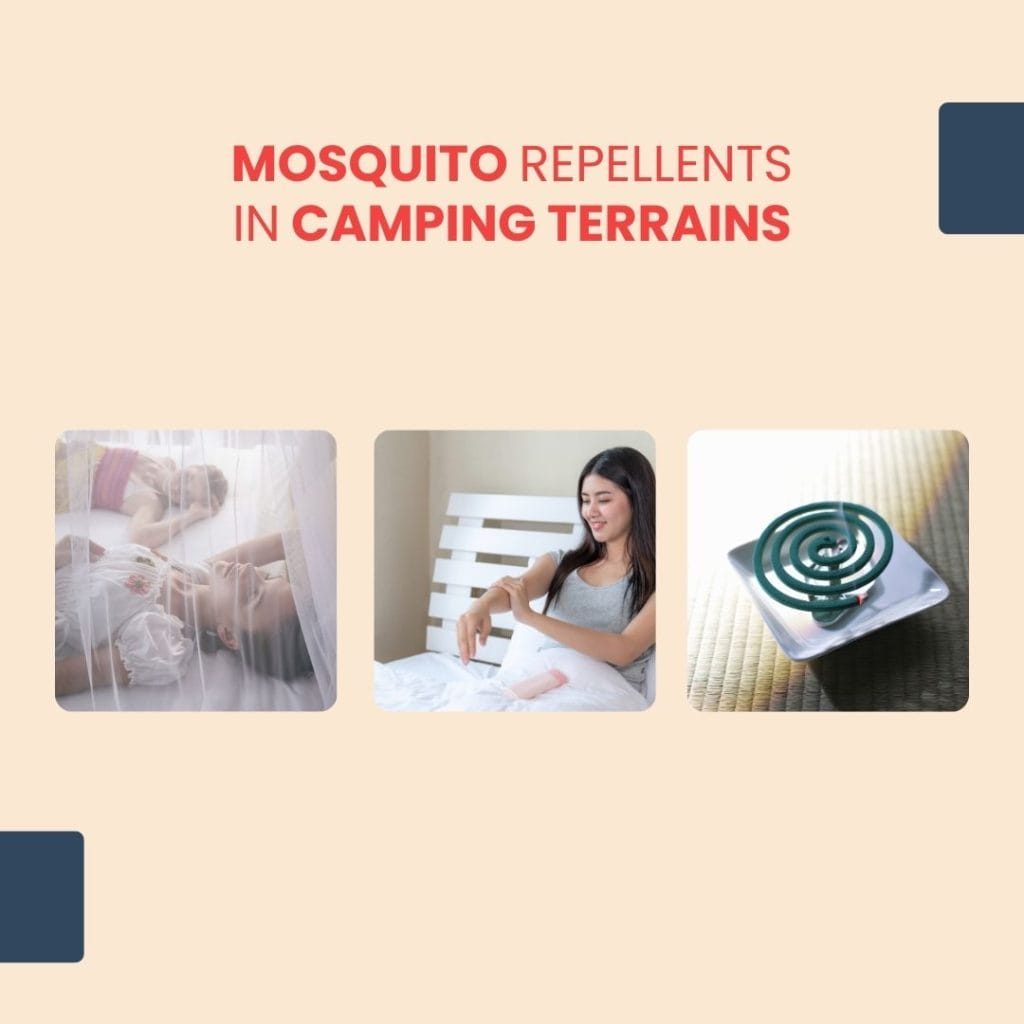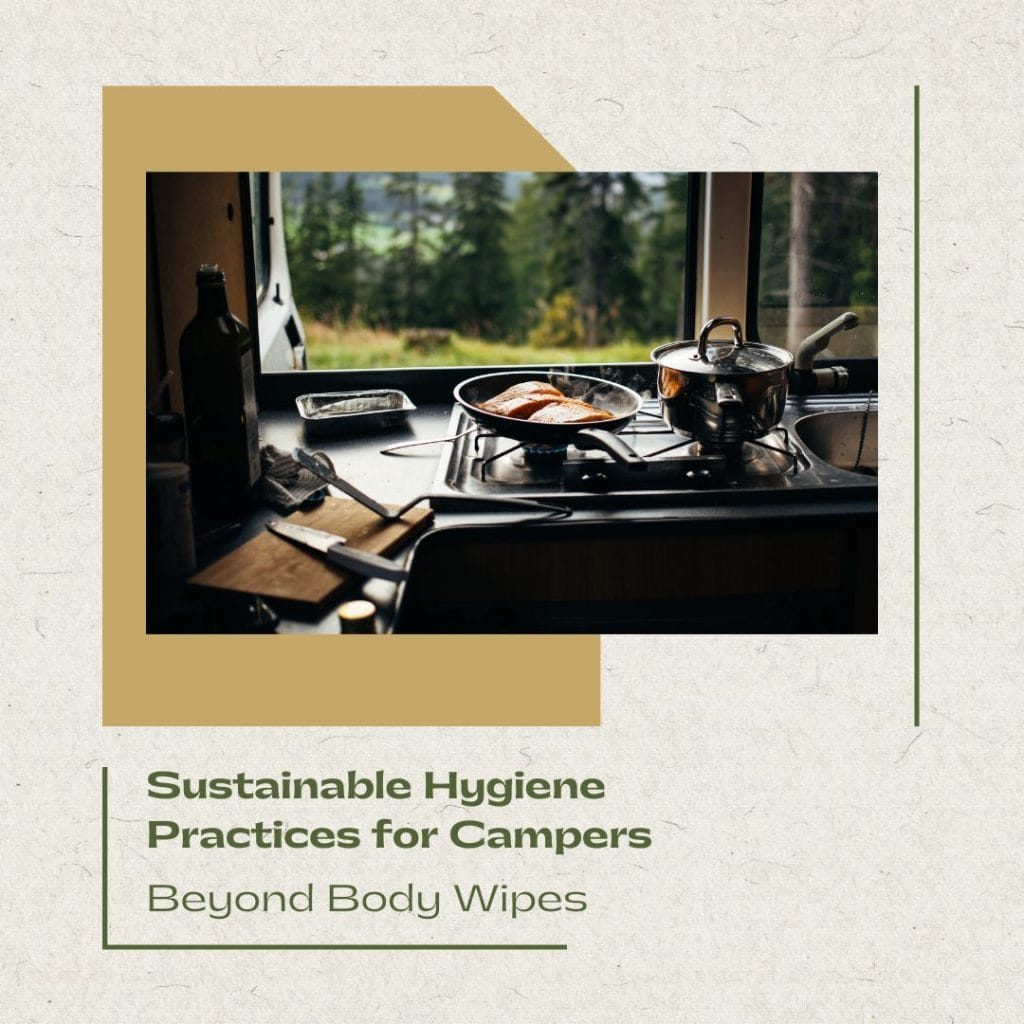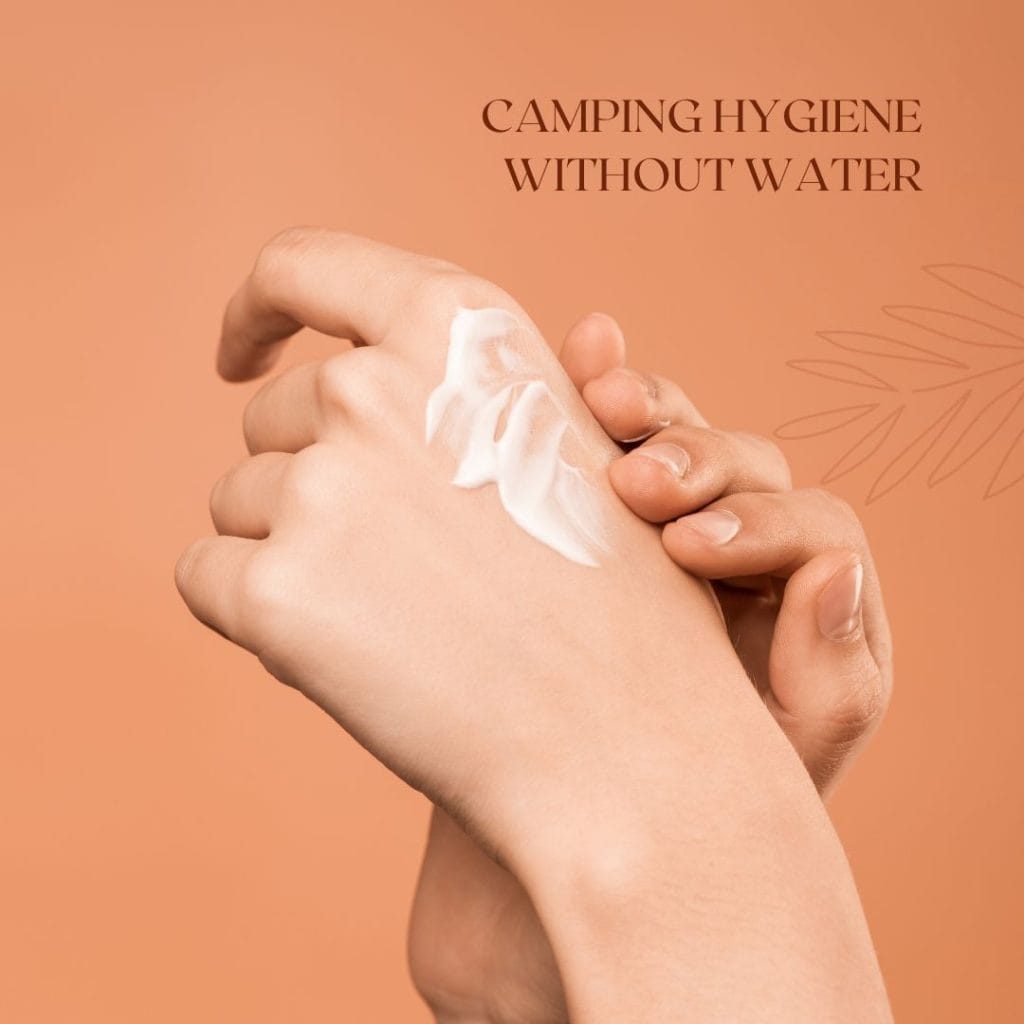Camping in water-scarce environments presents a unique set of challenges, particularly when it comes to maintaining personal hygiene. Without access to water, traditional methods of cleaning and sanitation may not be feasible. However, with the right knowledge and preparedness, it is possible to maintain an acceptable level of hygiene during your outdoor adventures.
Effective Camping Hygiene Practices in Water-Scarce Environments
In this guide, we will delve into practical and effective camping hygiene practices that can be employed in water-scarce environments, providing you with essential tips and tricks to keep clean and healthy even when water is in short supply.
Understanding the Importance of Hygiene in Camping
Maintaining good hygiene while camping is not just about comfort; it is instrumental in safeguarding your health and well-being. Poor hygiene can attract pests, leading to an uncomfortable and potentially dangerous camping experience. Moreover, the accumulation of dirt, sweat, and food residues can cause unpleasant odors, turning your outdoor adventure into a less desirable experience.
Health implications are another vital consideration. Inadequate hygiene can lead to skin infections due to the accumulation of bacteria, dirt or sweat on the skin. Moreover, improper handling and storage of food due to the absence of proper cleaning in a water-scarce environment could result in foodborne illnesses. Thus, effective camping hygiene practices become even more crucial when water is scarce.
Adopting effective “camping hygiene without water” practices will not only improve your camping experience but are also essential for your health and safety. A well-prepared camper can maintain cleanliness, mitigating the risks associated with poor hygiene.
Strategies for Water Conservation
Maintaining hygiene during camping while conserving water can be achieved through a number of strategies:
- Reduce Cleaning Tasks: Minimize the tasks requiring water. For instance, instead of washing dishes, you could utilize disposable, biodegradable camping ware.
- Use Water-Efficient Products: Opt for products specially designed for water conservation. An example is waterless soap and shampoo, which can clean effectively without needing water for rinsing.
- Recycle Water: If safe and feasible, reusing water can be an effective strategy. For example, water used for rinsing can be collected and reused for cleaning camping gear.
- Use Wet Wipes: Wet wipes can be a valuable tool for maintaining personal hygiene without the need for additional water.
- Hand Sanitizer: Regular use of a good hand sanitizer can reduce the need for water in maintaining hand hygiene.
By implementing these strategies, you can uphold “camping hygiene without water” effectively, ensuring a pleasant and safe camping experience.
Hand Hygiene Without Water
Hand hygiene is a significant element of maintaining ‘camping hygiene without water’. Keeping your hands clean, particularly when water is scarce, can be accomplished effectively through alternatives such as hand sanitizers and wipes.
Hand sanitizers, especially those with an alcohol content of at least 60%, are excellent at eliminating most types of germs that your hands may pick up during camping. They are compact, lightweight, and do not require water for use, making them an ideal choice for camping in water-scarce environments.
Similarly, wipes can be used not only for hand hygiene but also for cleaning cookware or wiping surfaces. Look for biodegradable options to ensure your camping leaves minimal impact on the environment. Remember, effective hand hygiene without water is not just about convenience; it’s a fundamental aspect of health and safety during camping.
Personal Hygiene Without Water
Maintaining personal hygiene during camping goes beyond hand cleanliness and extends to the entire body. When water is scarce, innovative products like dry shampoo, no-rinse body washes, and cleansing wipes can be invaluable. Dry shampoo, for instance, is a great waterless alternative for cleaning hair, absorbing excess oil and leaving your scalp feeling fresh.
No-rinse body washes, on the other hand, can be used to clean off sweat and dirt from your body without the need for water. Just apply, lather, and towel off. For those hard-to-reach places or for a quick refresh, cleansing wipes can come in handy, offering a fast and effective solution.
Lastly, it’s important to change into clean clothes regularly to prevent the buildup of dirt and bacteria on your skin. While it may be challenging in water-scarce environments, planning and packing appropriately can ensure you maintain a satisfactory level of “camping hygiene without water.”
Food Hygiene in Water-Scarce Conditions
Maintaining hygiene in food handling and preparation areas is a crucial component of “camping hygiene without water.” It helps prevent foodborne illnesses, which can be particularly debilitating when camping in remote, water-scarce environments.
There are several strategies to consider, which can effectively facilitate clean food practices without relying on water. For instance, using disposable plates and utensils eliminates the need for dishwashing. To maintain sustainability, opt for biodegradable versions; these are eco-friendly and can decompose naturally without leaving harmful residues.
Cleaning methods that don’t require water are another valuable tactic. Sanitizing wipes, for example, can be used to wipe down surfaces before and after food preparation. These wipes, specifically designed to kill germs and bacteria, ensure that your cooking area remains clean and safe despite the scarcity of water.
By integrating these practices into your camping routine, you can uphold food hygiene effectively, even when water is not readily available.
Maintaining a Clean Camping Environment
Maintaining cleanliness at your campsite plays a critical role in upholding “camping hygiene without water”. A clean environment not only promotes good hygiene but also aids in preventing the attraction of wildlife to your site.
One of the primary aspects of keeping a clean camping environment is proper waste disposal. All trash and leftovers should be appropriately handled to avoid attracting animals. Using sealable bags for storing trash can help contain odors and keep your campsite tidy.
Once you’ve left the camping area, it’s paramount to properly dispose of your trash. Find designated trash bins or take your waste with you. Remember, the goal is to leave the camping site as you found it, if not cleaner. By following these practices, you can uphold excellent camping hygiene even in water-scarce environments.
Conclusion
In conclusion, maintaining effective “camping hygiene without water” is not only possible but is an essential survival skill for outdoor enthusiasts. Through creative strategies and the use of specialized products, you can uphold and even enhance your cleanliness standards, even in water-scarce environments. By integrating these hygiene practices into your regular camping routine, you will be ensuring a healthier and more enjoyable experience outdoors. Never underestimate the importance of good hygiene in the great outdoors—it’s truly the secret to a successful camping trip.

